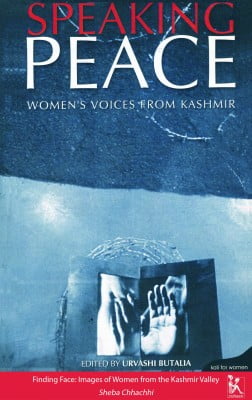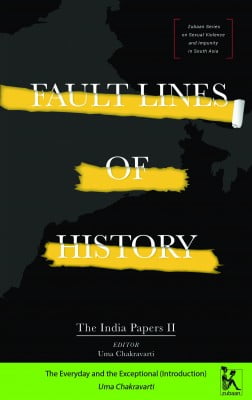No products in the cart.
Return To ShopOctober has been an eventful month with several protests and movements taking Indian social media by a storm, bringing many important conversations about sexual harassment to the forefront. These conversations have been long overdue in the larger scheme of things, and it’s imperative that they continue. So we would like to take this ‘On Topic’ to review everything that happened this month related to sexual harassment.
It seemed to begin with the Harvey Weinstein allegations, with multiple female actors and employees accusing the Hollywood film producer of sexual harassment and assault. A decade-worth of allegations against him surfaced, bringing to light a conspiracy of silence that allowed sexual harassment to go unchecked. In India, parallels are visible between Weinstein and powerful Indian men like RK Pachauri, who benefitted from collective complicity and murky work practices.
Another man compared to Weinstein was Khodu Irani, the owner of High Spirits, a popular club and performance venue in Pune. Several allegations of sexual harassment were made against him and social media was flooded with accounts of him groping, making lewd comments and sending inappropriate messages to patrons and employees. As people admitted to their own role in propagating his behaviour, a conversation was started about how certain cultural and media spaces, such as the club, accept and promote toxic behaviours.
Another outcome of the media attention paid to the Weinstein allegations was the #MeToo campaign started by Hollywood actress Alyssa Milano, where she encouraged women who had ever faced sexual harassment to come forward on social media. In India too, the movement gained a lot of momentum. The campaign promised a safe space for women and others to share their experiences with sexual harassment, with unwavering support and solidarity, with people admitting to having abused someone or being complicit in abuse before. With the emergence of the hashtag #HimToo, the conversation turned to pinpointing men who had gotten away with abusive behaviour, much like Weinstein had for all these years.
The #MeToo campaign also brought to surface offline whisper networks that women usually use to keep themselves and each other safe. One such network was created online through the Google spreadsheet titled “Shitty Media Men”, and was circulated among women journalists in New York, with allegations ranging from flirting to physical and sexual violence. In India, a similar list of names of alleged sexual harassers in Indian academia was published on Facebook by law student Raya Sarkar, along with a Google spreadsheet. Here too, the aim was to warn women and students about these men, by creating an online whisper network. But while the American spreadsheet was met with some support after being put on Buzzfeed and made public, the Indian list became a topic of contention among the Indian feminist community. Several prominent Indian feminists condemned the list for naming and shaming seemingly innocent men and not following due-process, in a statement on Kafila and their own writing. They, in turn, were critiqued for supporting the men on the list, most of whom were their colleagues and acquaintances.
The varied responses to the list have highlighted a schism in the Indian feminist movement, with a majority of established feminists on one side, and a new growing generation of feminists on the other, questioning the idea of a single feminist narrative in the country. Events in the past month have shown how sites like Facebook and Twitter have become an alternate avenue for feminist protest, especially for those who might not have access to the more traditional forms of protest within the Indian feminist community.
In dissecting the intention behind and validity of Raya Sarkar’s list, feminist conversations have neglected the well-being of survivors within an already inefficient system that fails to curb sexual harassment in educational spaces. Due process rarely provides justice, as is evident to some in the recent Farooqui judgement. In many ways the men named in the list are being rewritten as left liberal heroes and/or victims of a vicious attack. The conversation, this time even within the movement, is being shifted away from the issue itself towards questioning the intentions and trustworthiness of victims and protesters.
Meanwhile, after several setbacks in sexual harassment law in September, a recent Supreme Court verdict has shifted the age of consent within marriage from 15 years to 18 years, thus criminalizing all forms of child sexual abuse, even if the minor is married to the abuser. As a reminder, marital rape of women above the age of 18 continues to be legally and socially acceptable in the country.
October at Zubaan
Zubaan celebrated its ‘Cultures of Peace’ festival on 14th October at the Asian Confluence in Shillong. We also organized events in collaboration with TISS Guwahati on 12th and 13th October. Our E-essays project released two sets of essays this month – on the Nation and Women’s Writing/Literature. This month our feminist fiction book club discussed Women Without Men: A Novel of Modern Iran by Shahrnush Parsipur. Next month we will be discussing Hav by Jan Morris.
P.S. We will be launching Centrepiece, our new anthology of writing and art by women in the Northeast, on the 10th of November at Dzukou in Hauz Khas market. Join us!





